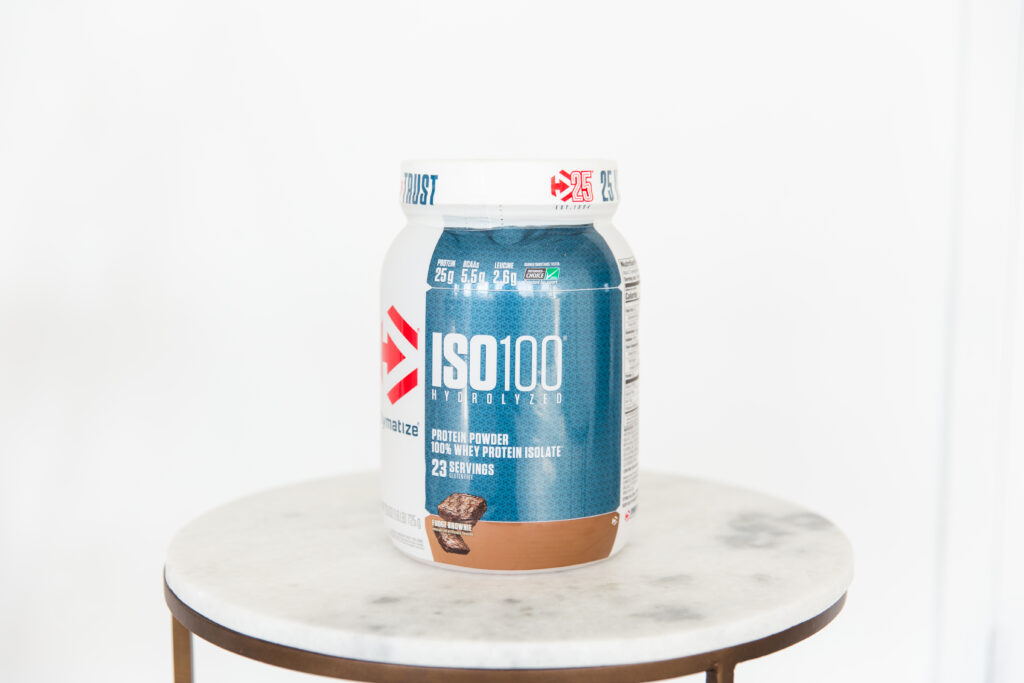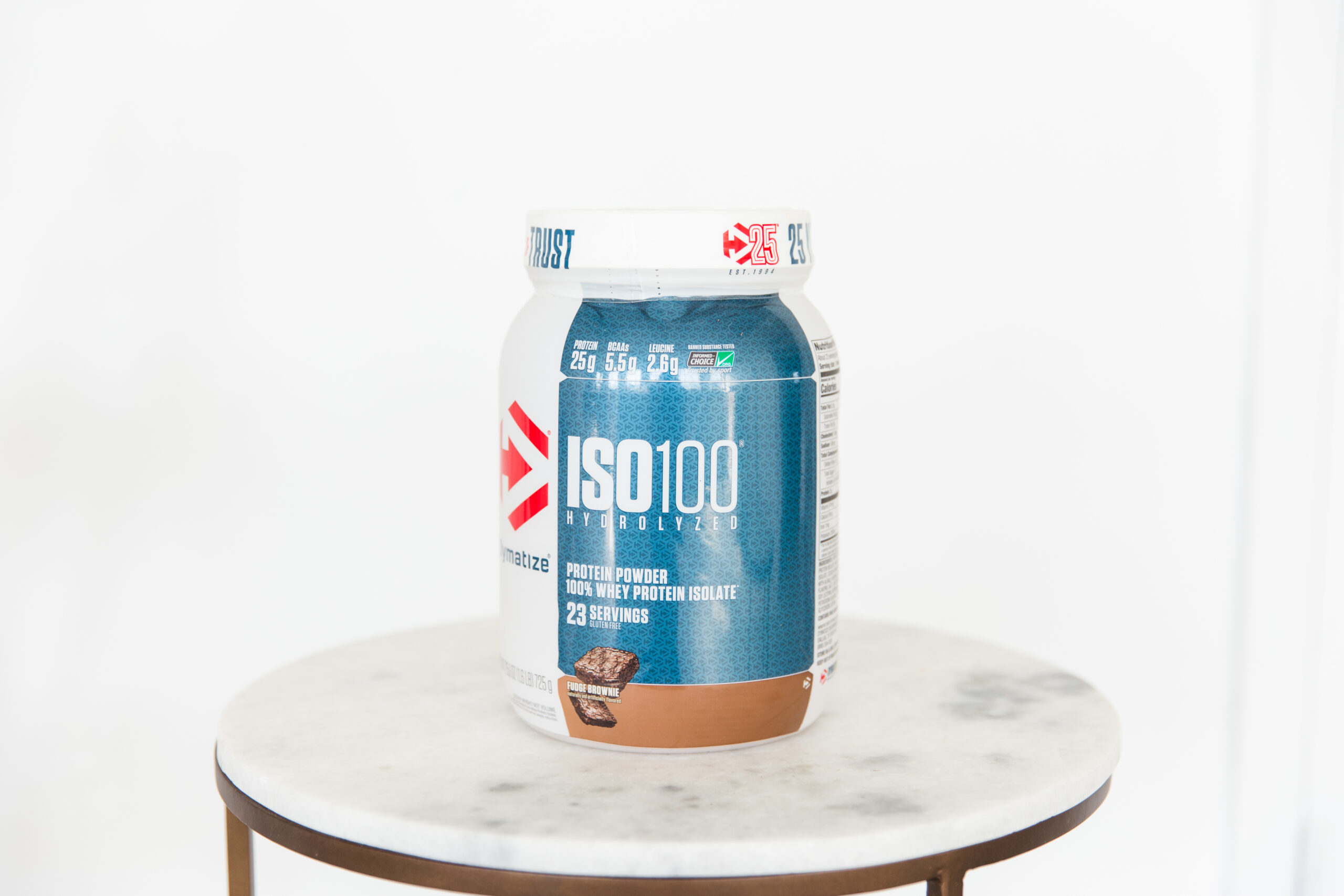
Why Protein Matters for Endurance Athletes
Protein is often associated with strength athletes, but endurance athletes also require adequate protein for optimal performance and recovery. Protein supports muscle repair, reduces muscle breakdown, and aids in recovery after long runs or intense training sessions. Research suggests endurance athletes should consume between 1.6 and 2.2 grams of protein per kilogram of body weight per day (1). I will note, the that more stress your body is undergoing (e.g., higher training volume) then increase protein intake to the higher end of the recommendations. If stress is low, then aim for the minimum recommendations.
How Much Protein Do You Need?
The exact amount of protein depends on your training intensity, body weight, and goals. A 70kg (154lb) endurance athlete might need between 112g and 154g daily. If you’re aiming to build lean muscle or have high training volume more than 10 hours per week, consider a higher intake, around 2g/kg of body weight.
Protein-Rich Foods for Endurance Athletes
Eating this much protein can almost seem unrealistic, especially without supplementation. Today, I wanted to show you that it is possible even on the higher end of protein intake my mapping out what 200g of protein in a day can look without being boring. Reaching 200g of protein might seem challenging, but it becomes manageable by including a variety of protein-rich foods throughout the day. Here are some top options:
Animal-Based Proteins:
- Chicken breast (31g per 100g)
- Turkey breast (29g per 100g)
- Lean beef (26g per 100g)
- Fish (20-25g per 100g, depending on the type)
- Eggs (6g per egg)
- Low-fat dairy (Greek yogurt, cottage cheese, milk)
Plant-Based Proteins:
- Tofu (10g per 100g)
- Tempeh (19g per 100g)
- Lentils (9g per 100g)
- Chickpeas (8g per 100g)
- Edamame (11g per 100g)
- Protein powders (20-30g per serving)
Tips for Increasing Protein Without Excess Fats or Carbs
- Choose Lean Cuts: Opt for chicken breast, turkey, and lean beef.
- Incorporate Low-Fat Dairy: Use Greek yogurt, cottage cheese, or skim milk.
- Use Protein Powders: Supplement with whey, casein, or plant-based powders as needed, but try to not rely on them to heavily.
- Meal Prep: Prepare meals ahead of time to avoid last-minute, lower-protein options. Protein options are the hardest to find quick options, so having some prepared is key!
- Snack Smart: Include protein-rich snacks like boiled eggs, jerky, edamame, and yogurt!
Download a free handout on how to increase protein intake here.
Sample 200g Protein Menu for an Endurance Athlete
Breakfast (52g protein):
- 4 egg whites + 2 whole eggs (26g)
- 1 slice whole-grain toast (4g)
- 1 cup Greek yogurt (20g)
- 1 tbsp chia seeds (2g)
Get more Easy High Protein Breakfast ideas here
Post-Run Snack (26g protein):
- Protein shake with 1 scoop whey (25g)
- 1 banana (1g)
Naked Whey is a person favorite for a clean protein powder option.
Lunch (58g protein):
- Grilled chicken breast (150g, 45g)
- Mixed salad with vegetables and vinaigrette (5g)
- Quinoa (1 cup cooked, 8g)
Afternoon Snack (38g):
- Cottage cheese (1 cup, 28g)
- Almonds (10g of protein from 30g)
Dinner (50g):
- Baked salmon (150g, 42g)
- Sweet potato (4g)
- Steamed broccoli (4g)
Snack (4-6g)
- No bake energy bites
Total: ~220g of Protein
Final Thoughts
Reaching 200g of protein as an endurance athlete requires strategic planning and incorporating a mix of animal and plant-based protein sources. By balancing your meals, using smart supplements, and planning ahead, you can support your recovery and performance goals effectively.
I’d love to help you optimize your nutrient that reflects your goals, physical activity, and lifestyle so you can feel your best. You can check out my different program options or schedule a 15-minute consultation call.
